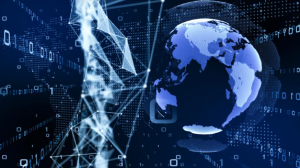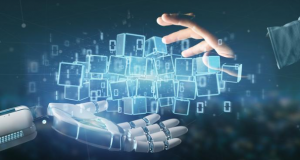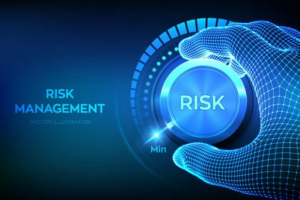The Future of AI: Promise and Challenge

Artificial intelligence is a transformative technology that holds both promise and challenge. AI has huge potential to improve lives, solve critical problems and push society in a positive direction. But without prudent safeguards and guidance, advanced AI may also pose existential risks and unintended consequences we must grapple with responsibly. The future of AI will be shaped by the choices we make today as researchers, policymakers, and members of society. With collective wisdom and moral leadership, AI can ultimately uplift humanity into a better future. But we must direct its progress judiciously and for the right reasons.
AI promises to enhance many critical fields, including healthcare, education, transportation, and sustainability. AI can help diagnose diseases, personalize learning, reduce traffic accidents, and optimize energy usage. These applications can make society more progressive, just and eco-friendly. However, we must address issues around bias and unfairness in AI to ensure good outcomes for all groups. Regulations may be needed to require transparency and accountability in AI systems. Policies should aim to encourage AI innovation while protecting individuals and communities. With safeguards and oversight, AI can vastly improve lives and society in amazing ways.
While AI may significantly impact the workforce, effects depend on how we choose to distribute resources and opportunities. Many jobs will be automated but new jobs will also emerge. Retraining programs must help workers gain skills for new types of jobs. Economic support for those unable to work may be needed to ease job disruption. With prudent policies, job changes from AI can be gradual as new jobs balance losses. But without intervention, inequality may worsen as benefits accrue mainly to wealthy corporations and highly-skilled workers. Global cooperation is key to aligning AI progress with shared human values.
Advanced and autonomous AI also brings new challenges that require oversight and governance. Weaponized AI in the form of drones or cyberweapons poses threats that are harder to defend against and restrict. Superintelligent systems that match human-level intelligence may be difficult to monitor and control. However, some concerns remain speculative, and hostile use of AI is uncertain. Regulations should aim to limit dangerous applications but still enable most promising and civilian uses of AI to flourish. International collaboration will be critical to ensure AI systems of the future remain grounded and beneficial.
The future of AI will be profoundly transformative, for better and worse, depending on the choices we make. Short-term interests alone will not safeguard society in the long run. We must guide AI’s progress judiciously through courage of conscience and moral wisdom. By rising above unchecked self-interest and ambition, we can steer AI to uplift humanity. The future is ours to shape – if we so choose. Through shared hopes and understanding, human and artificial intelligence alike may build a future more just, sustainable and prosperous than before. But we must stand together, hearts and minds joined, to meet this pivotal challenge. The future awaits our open hands.






